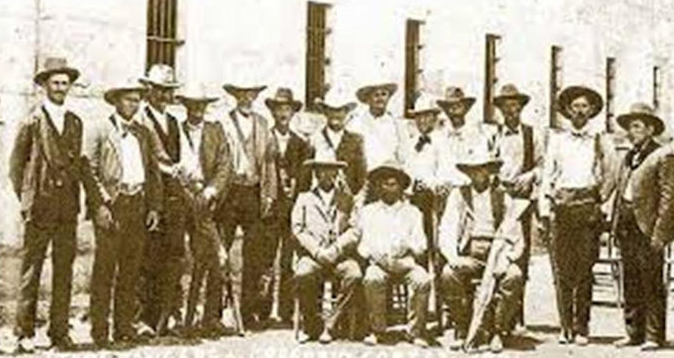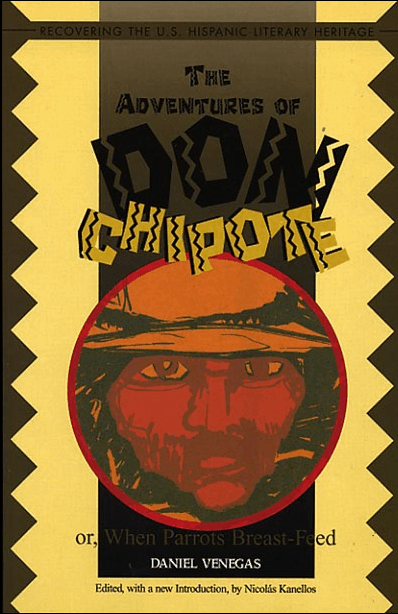Gregorio Cortez, the ‘one-man’ gang

*This is the stuff of legend and lore in South Texas. Gregorio Cortez killed two Texas Sheriff’s because of a misunderstanding, a faulty translation of a simple word. It’s a good 6 minute read that traces Latino roots in U.S. history and tells a story all U.S. Latinos should know. VL
 By José Antonio Lopez, Rio Grande Guardian
By José Antonio Lopez, Rio Grande Guardian
Although Gregorio Cortez was born in 1875 in Matamoros, Tamaulipas, Mexico, his roots are grounded in South Texas and the soil of the Rio Grande Valley, which was part of Tamaulipas until 1848.
No other name causes more consternation in conventional Texas Ranger folklore than Gregorio Cortez, a hard working vaquero. Sadly, opinion rests on two opposing views. To most Anglo Texans of the time, he was a criminal.
In contrast, to Mexican-descent people, he was a folk hero, defending their dignity by resisting oppression. Regrettably, present-day Mexican-descent Texans are generally unaware of his story. However, what exactly did he do to earn such a reputation?
Read more NewsTaco stories on Facebook. >>
To answer the question, the following article summarizes the incredible narrative of one of the most fascinating personalities in the Texas chronicle. There are three parts: the incident, the chase, and the trial.
First, however, some background. South Texas in 1900 consisted of two worlds: (l) mainstream Texas Anglo society, and (2) Mexican-descent Texans, occupying the lowest social status. For example, Spanish-surnamed Texans in many counties weren’t allowed to serve in juries until 1954 and were denied front door entry to public buildings (i.e., the county courthouse).
This was also a time in rural Texas when cattle rustling was blamed on “Mexicans”. Usually, a vague police report is all that lawmen needed to intimidate anyone who looked Mexican. Next, came interrogation (typically included torture), whereby the suspect was forced to . . . READ MORE
José Antonio López was born and raised in Laredo, Texas, and is a USAF Veteran. He now lives in Universal City, Texas. He is the author of four books. His latest book is “Preserving Early Texas History.” It is published by Xlibris and is available through Amazon.com. Lopez is also the founder of the Tejano Learning Center, LLC, and www.tejanosunidos.org, a website dedicated to Spanish Mexican people and events in U.S. history that are mostly overlooked in mainstream history books. Email: jlopez8182@satx.rr.com
[Photo couretesy of Rio Grande Guardian]Suggested reading


